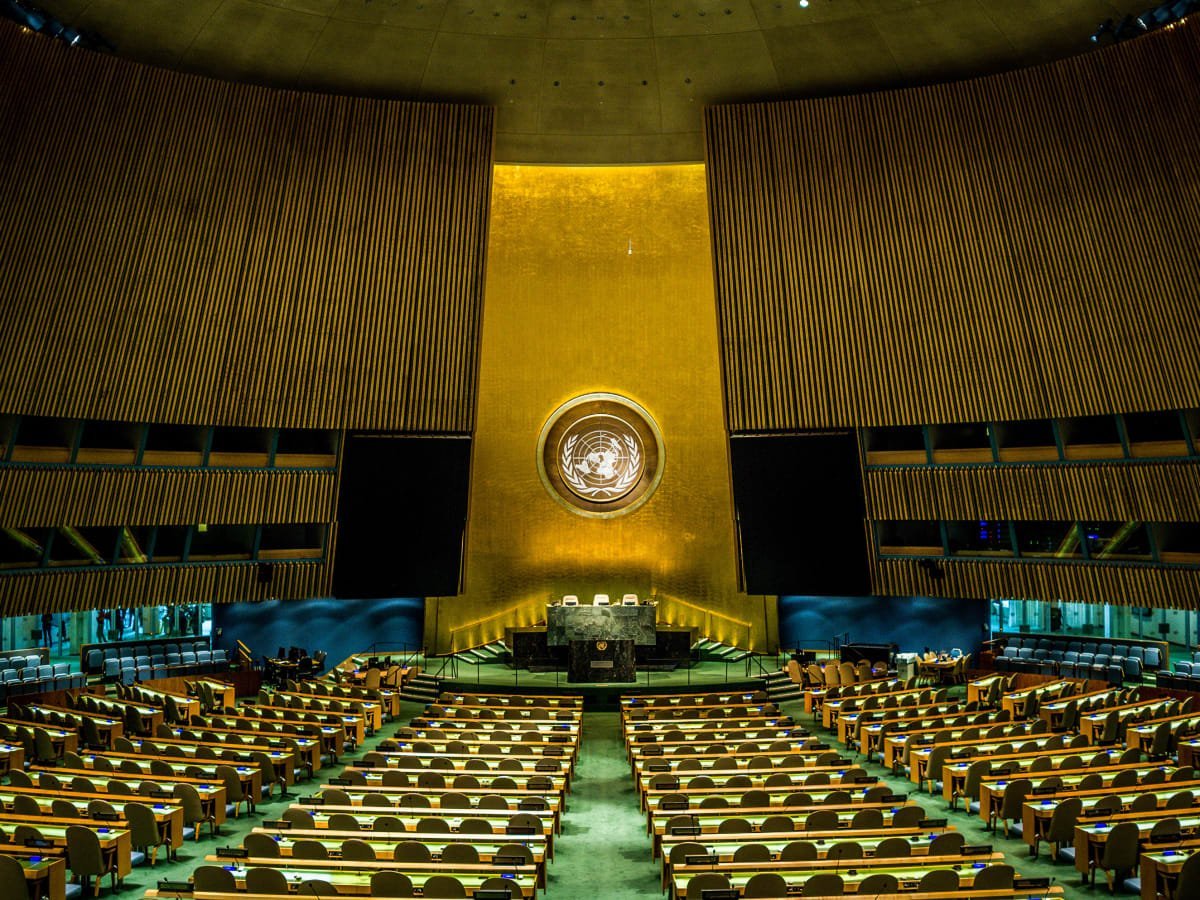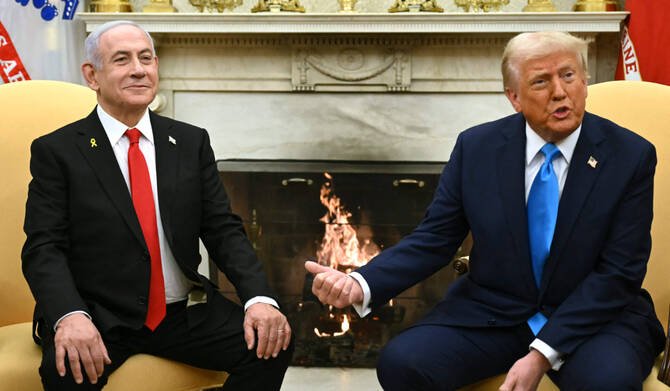The ongoing conflict in Gaza has led to heightened concerns for international students in the United States who wish to participate in campus protests. Many international students rely on visas to stay in the country, and their involvement in protests can carry severe consequences, including potential suspension and jeopardizing their immigration status.
For example, Mahmoud Khalil, a Columbia University student and Palestinian refugee, expressed fear about participating in campus activism due to the implications for his immigration status. As an F-1 visa holder, his ability to remain in the United States hinged on his continued enrollment as a full-time student. Despite his desire to get involved in on-campus protests, he opted for a less risky role as a negotiator for a student group advocating for Palestinian rights.
However, even students who carefully navigate their involvement in protests may face legal jeopardy. Temporary suspensions can trigger mandatory reporting to the Department of Homeland Security, potentially leading to deportation proceedings if students fail to leave the country within a specified timeframe.
Furthermore, non-citizens, including international students, may face heightened consequences under laws such as the Patriot Act, which has broad language that could be used to interpret protests as “terrorist” activity. This could result in restrictions on immigration and potential barriers to re-entry in the future.
The charged political atmosphere and increased scrutiny of campus protests have led some international students to avoid direct involvement altogether. Some have opted for peripheral roles, such as providing supplies and services, to minimize the risk to their immigration status. The fear of facing disciplinary actions or legal repercussions has created a chilling effect, causing some students to reconsider their level of participation in activism and advocacy efforts.
Overall, the intersection of immigration status and involvement in campus protests presents a complex and challenging dilemma for international students, impacting their ability to engage in issues they are passionate about while safeguarding their presence in the United States.

















